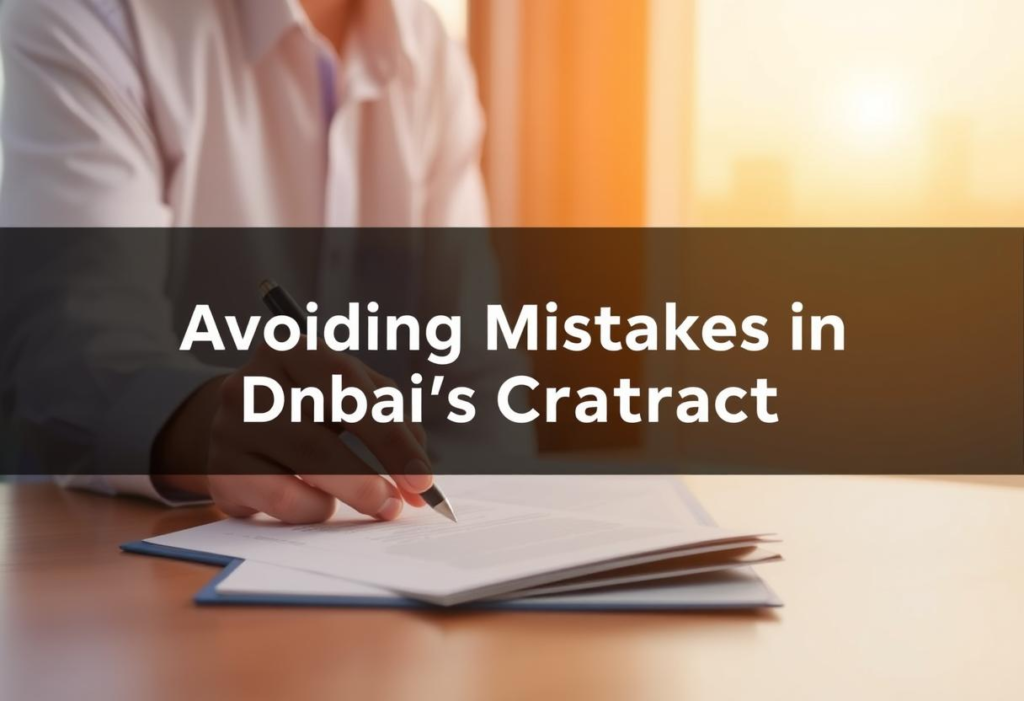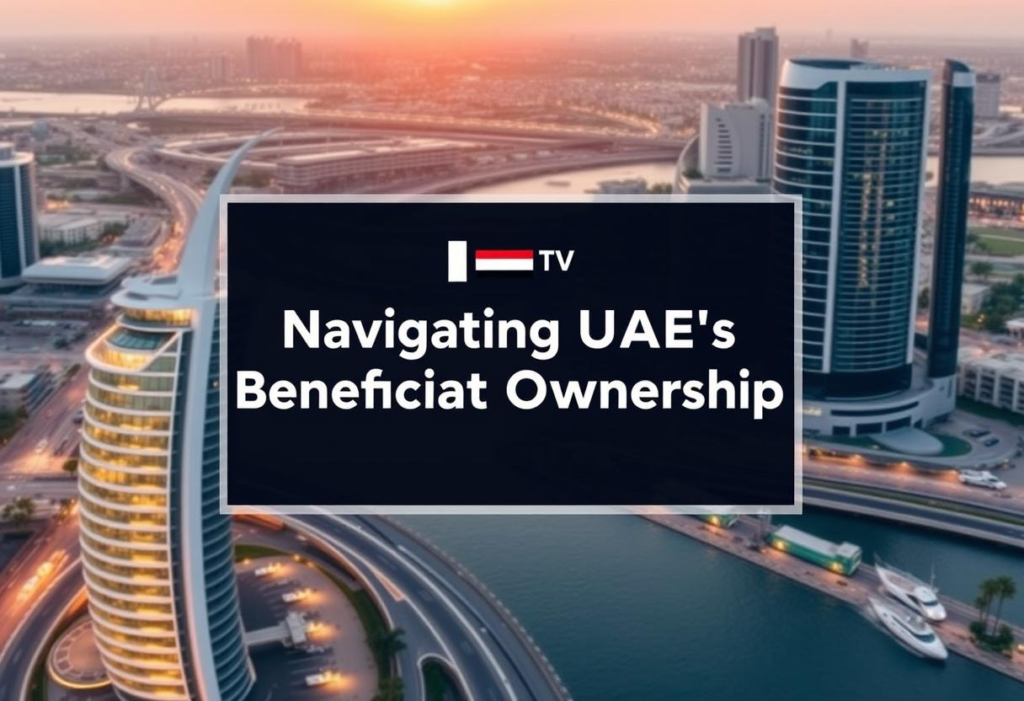For expat parents residing in the UAE, appointing a temporary guardian for their children is not just a precaution—it’s essential. The intricacies of guardianship can be daunting, yet understanding this legal safeguard can provide invaluable peace of mind.
In the UAE, a clear distinction exists between permanent and temporary guardians. A permanent guardian assumes responsibility for a child on an ongoing basis, whereas a temporary guardian is crucial immediately following a parent’s death, particularly if the permanent guardian resides outside the UAE. The temporary guardian steps in to care for the children until they can be united with their permanent guardian. This may involve relocating the children to another country if necessary.
The responsibilities of a temporary guardian are straightforward yet vital. They provide immediate care post-tragedy and facilitate the process of connecting the children with the permanent guardian. While permanent guardianship involves full parental duties, temporary guardianship is more about ensuring continuity of care.
Legal processes in the UAE mandate that guardianship details be specified in a will. This document must be registered with either the Dubai International Financial Centre (DIFC) or the Abu Dhabi Judicial Department (ADJD), and each has slightly different jurisdictional requirements. For instance, under DIFC rules, separate witness statements are necessary, illustrating the importance of understanding the specific regulations involved.
In instances where non-Emirati minors are left orphaned without an appointed temporary guardian, Shariah law procedures predominately guide the court’s decisions. However, courts retain the discretion to adapt decisions to each unique case, highlighting the necessity for legal preparedness.
A temporary guardian’s ability to collect the children involves several legal proofs, such as presenting the will or a notarized document. Although it’s not a necessity to have a lawyer present, having a legal expert’s guidance can facilitate smoother processes. Moreover, keeping open lines of communication between all guardians and legal representatives ensures readiness for unforeseen events.
Updating wills, if a chosen temporary guardian departs the UAE, varies based on the type of will registered. The DIFC imposes a fee for amendments, while ADJD wills require retranslation and registration for changes. Therefore, frequent communication with guardians and prompt legal updates are recommended to maintain legal certainty.
In summary, while legal guidance is vital, the core emphasis remains on your children’s welfare. The unpredictability of life underscores the necessity of temporary guardianship within the UAE’s unique legal landscape, ensuring a safety net for your children’s future.

